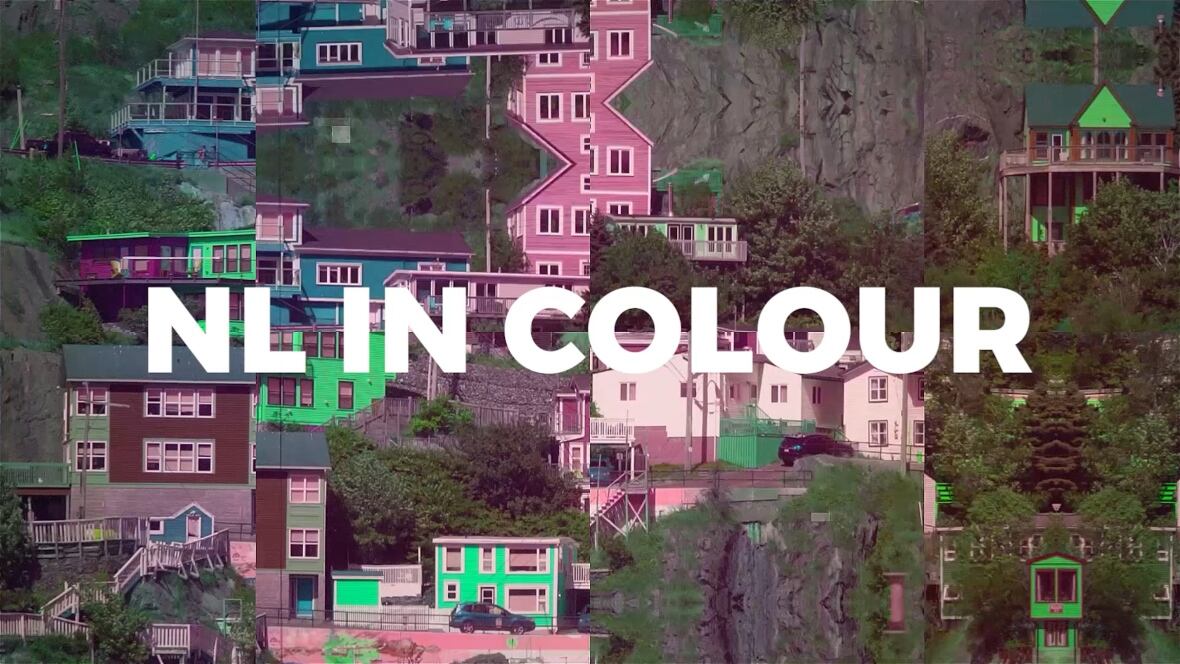'Don't tell them you're from Conne River': Miawpukek's first doctor finds calling in St. John's
CBC N.L. sits down with John Jeddore to talk race, identity and belonging

It was 2006, and John Jeddore, a wayward kid from a small community in southern Newfoundland, might as well have been moving to another planet.
"Tell them you're from Bay d'Espoir. Don't tell them you're from Conne River," warned a well-intentioned relative.
Jeddore, 17, heeded the advice at first. He felt lost enough on busy downtown streets and in crowded lecture halls without the added confusion of explaining where he came from.
In St. John's, nothing felt right.
At home — that's Aosamiajij Miawpukek Lnuikatik, a 900-strong Mi'kmaq community on the island's south coast — "you have that sense of belonging," he said. In Miawpukek, there wasn't a soul he didn't know. "It's such a tight-knit group … People are looking after you, even if they are nosy at times."
Alone in the capital, by contrast, Jeddore felt alienated by his heritage, a foreigner in his own province.
"When you come here to town, you just fade into a sea of people," he said. "Your traditional mindset, your values [aren't] shared with anyone."

Jeddore, whose mother isn't Mi'kmaq, knows he looks like a white guy from the bay. But his Mi'kmaq roots — his last name, his bilingualism — made him feel "separated by just a few degrees," he recalled.
"We're all Newfoundlanders and Labradorians. It's just I had that added element of 'but also Indigenous.'"
As those early months passed in a college dorm far from home, Jeddore realized his bipartite identity wasn't about to change.
WATCH | John Jeddore's sense of self was split down the middle. He tells Ramraajh Sharvendiran how he made it whole again:
"I started really becoming self-aware of what 'Indigenous' was," he said. Rather than blend in, he leaned in, fighting for Indigenous issues on Memorial University's senate and joining the St. John's Native Friendship Centre, as it was known then.
That's where he found purpose, but also encountered pushback. Being "white-passing," he said, gave him a peek behind the curtain; people who "thought they were among their own kind" in his presence would sometimes speak unfiltered.

He points to one moment that stands out in his mind. Another member of MUN's senate, walking next to him, criticized Indigenous-led advocacy for the right to smudge on campus. "Someone said, 'How can they ask for that, when we've given them so much?'" Jeddore recalled.
"I was floored," he said. "I took a step back for a while, because it just took the wind out of my sails."
As he neared graduation, still dabbling in the sciences but considering a career in photography, Jeddore felt a gust return.
This time, it pushed him toward medicine.
It was Miawpukek's leader, Chief Mi'sel Joe, who convinced him that becoming a physician could help his community in ways it required most.
"At the time, empathetic doctors were needed, especially from an Indigenous lens," Jeddore said. Indigenous elders, he explained, weren't going to the doctor, fearing ridicule for practising traditional medicine.
This way, he said, "I could help people … but also give a different perspective on medicine and traditional healing."
The faculty at MUN, in contrast to that senate member earlier in his university career, supported the mission. In 2013 Jeddore became the school's first medical student from Miawpukek. Suddenly, Jeddore, who always straddled two identities, found a purpose with one foot in Western medicine and the other back home.
"Being from Conne River, you know, it was different," he said. "You become self-aware as you get older, especially on reserve, of your background and how you're different from even your peers in surrounding communities."
It was in St. John's, though, that he learned a life-changing lesson.
"That doesn't mean your difference can't exist with theirs."
Video shot and edited by Mark Cumby. Interview by Ramraajh Sharvendiran.
About N.L. in Colour
N.L. in Colour is a five-part series examining race and identity in Newfoundland and Labrador. This is the fifth and final instalment in this series.
Here are Ramraajh Sharvendiran's first four interviews:







